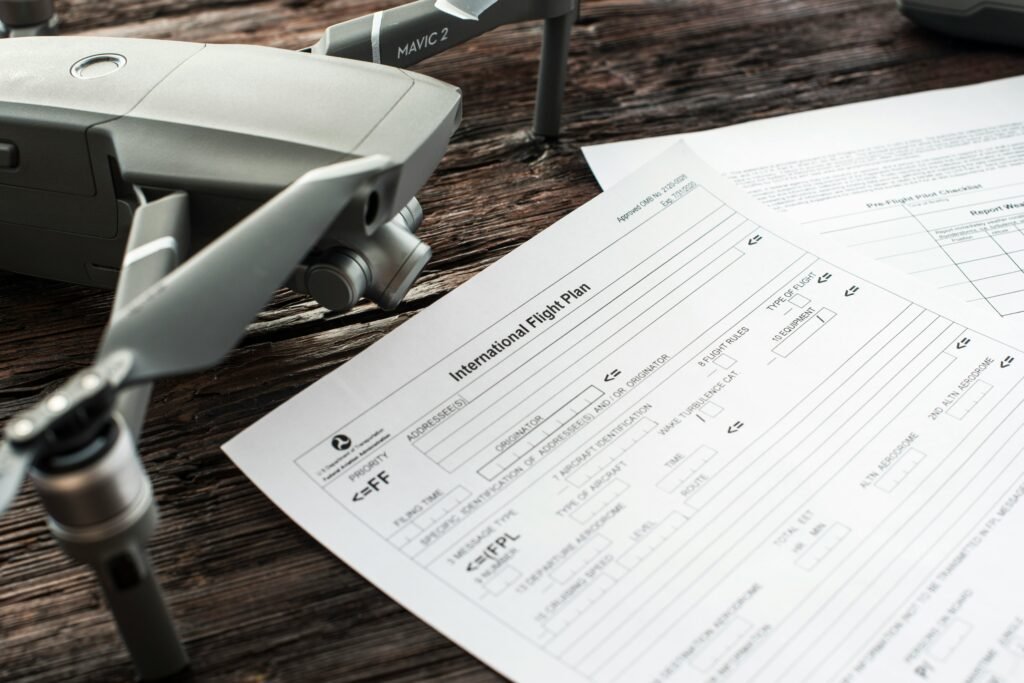Elon Musk antitrust lawsuit against Apple and OpenAI targets Apple and OpenAI over iPhone AI access. Filed in August 2025, the case lands in the Northern District of Texas. The complaint claims an iPhone AI monopoly born from ChatGPT exclusivity after the June 2024 Apple-OpenAI deal. It says Siri integration with ChatGPT and iOS AI chatbot integration shut out rivals like xAI Grok. The suit alleges App Store favoritism, slow reviews, and downgrades for competitors. Citing Sherman Act violations, the filing seeks to end exclusivity and open equal integrations. According to the complaint, market dominance comes from Apple’s vast prompt data loop. The Elon Musk antitrust lawsuit against Apple and OpenAI frames the issue as urgent for competition.
Why this iPhone AI monopoly matters
At its core, the Elon Musk antitrust lawsuit against Apple and OpenAI argues control over defaults decides winners. Default Siri answers powered by ChatGPT create habitual usage and more training data. The Elon Musk antitrust lawsuit against Apple and OpenAI says this data flywheel locks in market dominance. It also claims App Store favoritism throttles discovery and updates for xAI Grok. If true, rivals face years of catch-up, even with better models or features. The Elon Musk antitrust lawsuit against Apple and OpenAI frames the harms as higher barriers and fewer choices. That’s the classic target of antitrust enforcement when platforms pick winners.
iOS AI chatbot integration stakes
The Elon Musk antitrust lawsuit against Apple and OpenAI details how integration works across the iPhone. Siri integration with ChatGPT powers voice answers, writing tools, and AI photo analysis. Only OpenAI gets system-level hooks, while others get limited app sandboxes. The Elon Musk antitrust lawsuit against Apple and OpenAI says these hooks decide growth, retention, and monetization. Developers report delayed reviews and rejected featuring, amplifying the gap. The complaint asks the court to bar exclusivity and mandate neutral APIs. That relief, the Elon Musk antitrust lawsuit against Apple and OpenAI argues, restores fair choice on iOS.
Antitrust enforcement timeline
Expect months of motions as the Northern District of Texas tests the claims. The Elon Musk antitrust lawsuit against Apple and OpenAI alleges clear Sherman Act violations under Section 1. It also gestures toward monopolization effects that mirror Section 2 concerns. Discovery could probe App Store processes and the June 2024 Apple-OpenAI deal. Regulators may watch closely, given global focus on mobile gatekeepers. A fast track could still stretch well into 2026 from the August 2025 filing. Whatever the outcome, the Elon Musk antitrust lawsuit against Apple and OpenAI will shape AI defaults.
Why market dominance matters to crypto
For traders, the Elon Musk antitrust lawsuit against Apple and OpenAI signals risk for AI platform plays. If exclusivity breaks, model diversity could expand on mobile, lifting startups. More on-device choice could speed wallet, DeFi, and NFT assistants on iOS. The Elon Musk antitrust lawsuit against Apple and OpenAI also previews how regulators view data flywheels. That lens may later touch crypto exchanges, ad tech, or payment rails. Watch xAI Grok, as iOS access could unlock real user growth and revenue. In short, the Elon Musk antitrust lawsuit against Apple and OpenAI tests power over discovery and defaults.
Frequently asked questions about Elon Musk antitrust lawsuit against Apple and OpenAI (FAQ)
What is the case about?
It alleges an iPhone AI monopoly driven by ChatGPT exclusivity, Siri integration with ChatGPT, and App Store favoritism.
Where was it filed and when?
The Northern District of Texas in an August 2025 filing, citing the June 2024 Apple-OpenAI deal.
What laws are in play?
The complaint centers on Sherman Act violations and seeks strong antitrust enforcement.
What does Musk’s side want?
To end exclusivity, open iOS AI chatbot integration, and give xAI Grok equal access.



